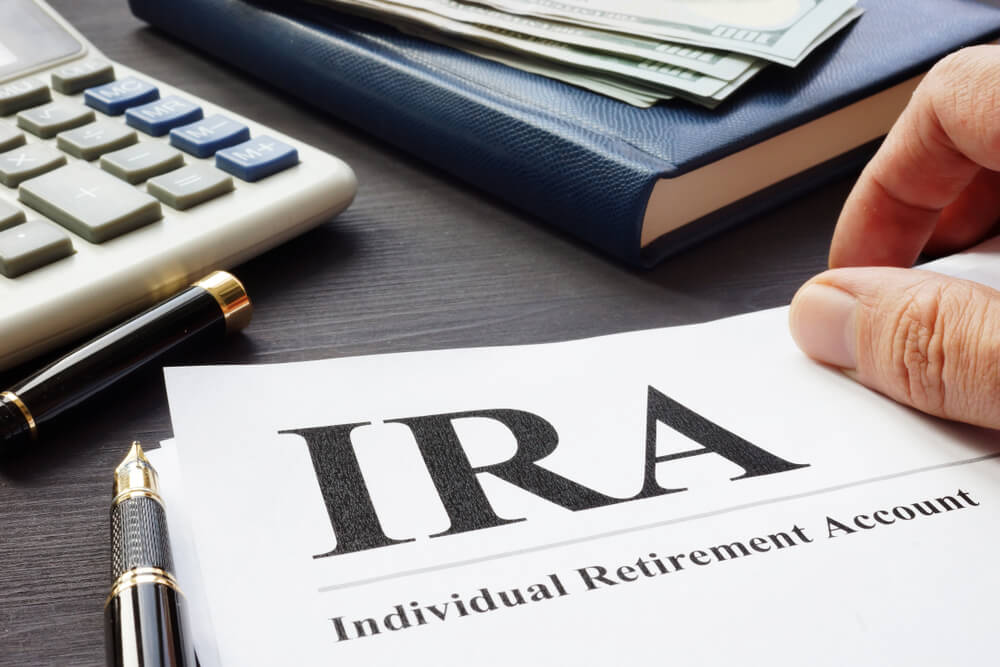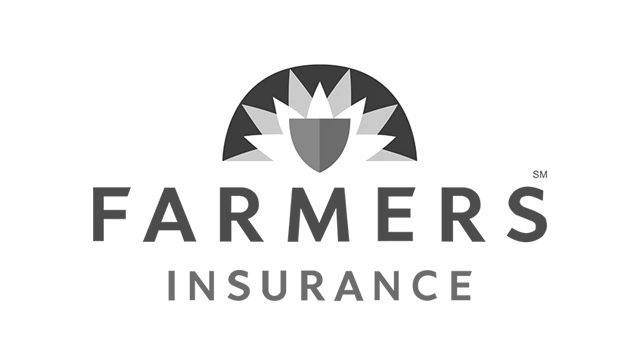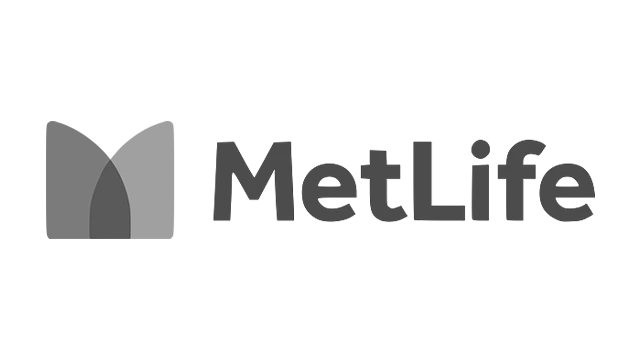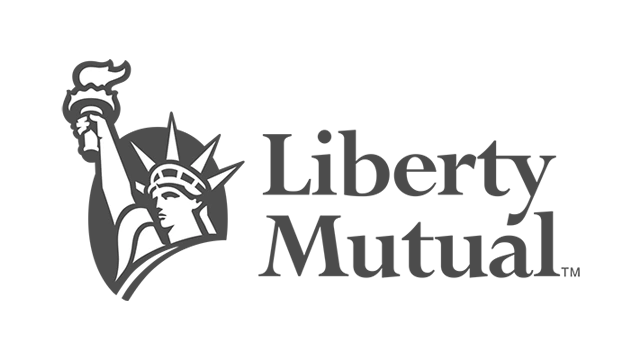Everything You Need To Know About FHA Loans
If you are shopping for a home or refinance, youve probably heard the term FHA loan a few times already. With down payments as low as 3.5% it can be a very attractive option. Keep reading to learn the ins and outs of FHA loans.
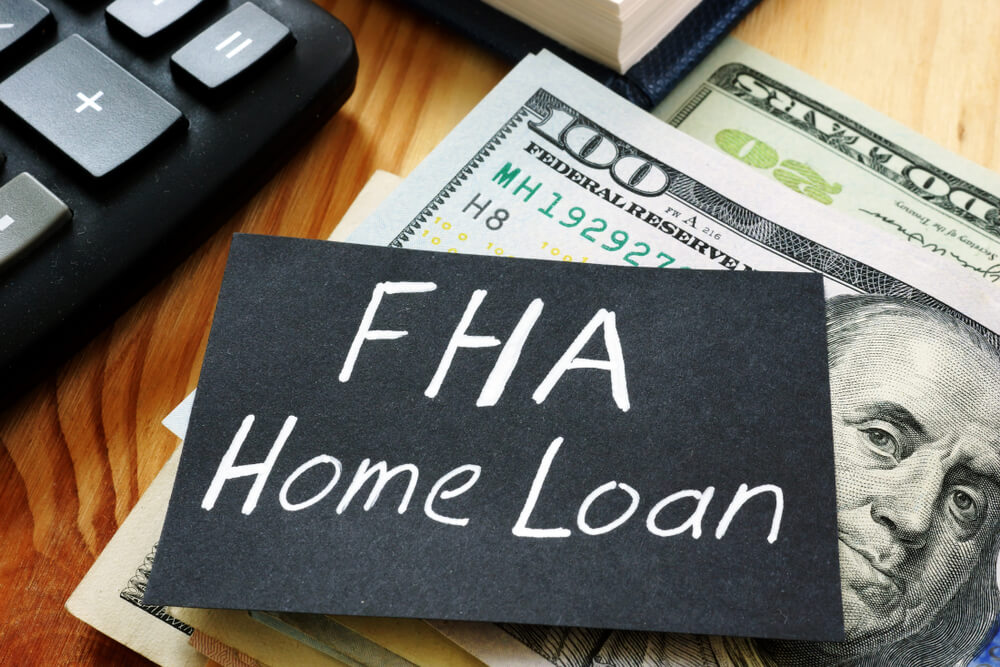
First Of All, Who Is The FHA?
Established in 1934 and now under the US Department of House and Urban Development since 1965, FHA stands for the Federal Housing Administration. Brought about during previous tough economic times, the FHA was designed to help make homeownership more reasonable for the everyday person with lower down payment requirements. Before such time, home buyers were expected to cough up generally 50% or more of the purchase price as a down payment. The FHA brought that number down to 20% which was a huge benefit at the time for hopeful home buyers.
So What Is An FHA Loan?
To put it simply, it is a mortgage that is insured by the FHA. Lenders feel more comfortable taking a smaller down payment because the mortgage insurance provided by the FHA protects them in the case of default. Since their risk is reduced, they are able to offer better terms for a buyer who otherwise would not be elligible for a home loan.
The lender must be FHA approved, but their are numerous lenders in this category as it has grown very popular. The loan can only be used for certain types of homes as well such as single family houses, condos, 2 to 4 unit multifamily homes, etc.
What Makes An FHA Loan So Appealing?
With a FICO score of 580 or better, you could see your down payment requirement reduced to as low as 3.5%!
In addition to just a lower down payment, an FHA loan is also generally easier to qualify for than a conventional mortgage. The FHA program allows more leeway when it comes to gifted downpayment money from family or employers, as well as lower credit scores to attain favorable interest rates.
On the downside, there are sometimes additional closing costs related to an FHA loan, and youll also be required to make the FHA mortgage insurance payment which can be wrapped up into your monthly loan repayment amount.
Different Types Of FHA Loans
The FHA program has multiple sub-types that can be used for different types of purchase, and each comes with their own set of qualifications and limitations. For example the Basic Home Mortgage 203(b) can be used to purchase or refinance a home, but it must be a primary residence that also does not require more than $5,000 in repairs. An FHA Construction Loan can be used to finance the cost of the land and the house together, but once again it has specific qualifications that need to be met. Depending on your situation, there might be an FHA loan type that is perfect for you.
Limitations Of An FHA Loan
Aside from the individual qualifications necessary for each specific loan type, there is also an overal limit on the amount that can be borrowed with an FHA loan. The limits depend on the county in which the property is located and take into account the average values in the area. Currently in 2022 the limits are anywhere from $420,860 to $970,800. Youll need to check with an FHA approved lender regarding your specific area to see what the loan limit is.
How Do I Get An FHA Loan
FHA loans can start with borrowers who have a credit score as low as 500, but youll need 580 or above to get the greatest benefit and the lowest down payment. Each lender might add additional minimum score requirements based upon their own policies, so be sure to check carefully with the lender you are applying for. For example some lenders have increased their requirement to 620 for the minimum down payment during the COVID-19 pandemic. Even if you do not qualify for the minimum 3.5% down payment due to a poor credit score, you still might be able to put down as low as 10% which can be a huge savings over a traditional mortgage.
In addition to your credit score, the FHA program also takes into account your debt-to-income ration, also known as DTI. You must have a DTI of less than 50% to qualify for FHA. This is calculated using your pre-tax income and your total monthly debt.
How Do I Apply For An FHA Loan
The process is generally the same as any other mortgage application requiring the standard documents, but in addition the property itself must also qualify for one of the various types of FHA loans.
Sponsored Content

